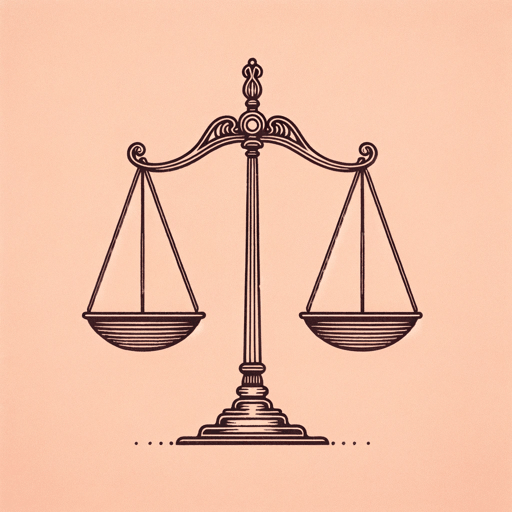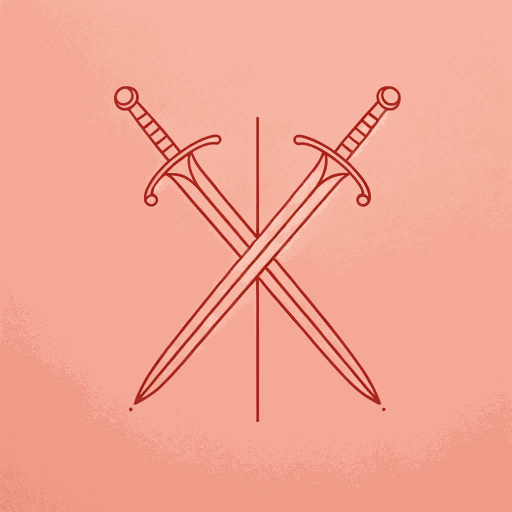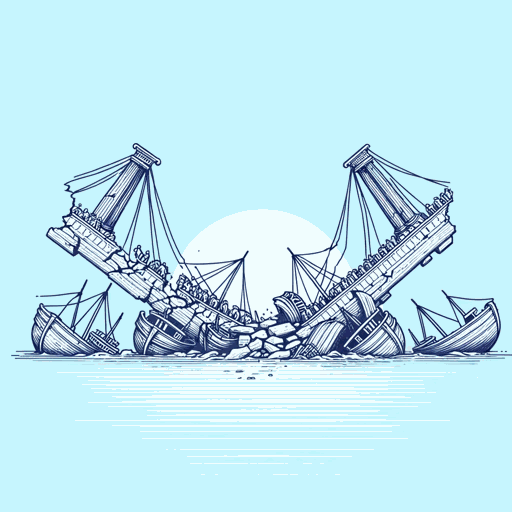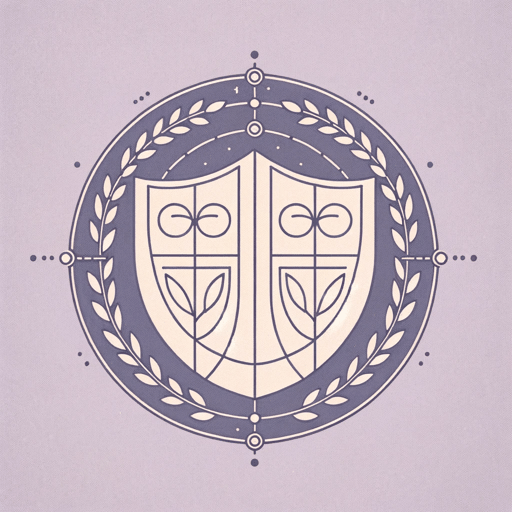58 pages • 1 hour read
AeschylusOresteia
Fiction | Play | Adult | BCEA modern alternative to SparkNotes and CliffsNotes, SuperSummary offers high-quality Study Guides with detailed chapter summaries and analysis of major themes, characters, and more. For select classroom titles, we also provide Teaching Guides with discussion and quiz questions to prompt student engagement.
Important Quotes
“Cry, cry for death, but good win out in glory in the end.”
(Agamemnon, Line 139)
In this refrain in the first choral ode in Agamemnon, the chorus of old Argive men articulate a theme that runs through the entirety of The Oresteia. The cycle of death and revenge set off by Agamemnon’s ancestor, Atreus, will ultimately culminate in a positive outcome. As in the Trojan War, they argue, good will emerge from death and tragedy.
“The people’s voice is heavy with hatred,
now the curses of the people must be paid,
and now I wait, I listen…
there—there is something breathing
under the night’s shroud. God takes aim
at the ones who murder many;
the swarthy Furies stalk the man
gone rich beyond all rights—with a twist
of fortune grind him down, dissolve him
into the blurring dead—there is no help.
The reach for power can recoil,
the bolt of a god can strike you at a glance.”
(Agamemnon, Lines 456-462)
According to the chorus, the people of Argos view the Trojan War as a pointless effort. Many of their young men have died for the sake of a single woman. The citizens are unhappy, especially since Agamemnon has been gone so long, leading to civil unrest. The chorus also reminds the audience that one’s fortune can easily be overturned.
“And now this cause involving men and gods.
We must summon the city for a trial,
found a national tribunal. Whatever’s healthy,
shore it up with law and help it flourish.
Wherever something calls for drastic cures
we make our noblest effort: amputate or wield
the healing iron, burn the cancer at the roots.”
(Agamemnon, Lines 830-836)
Agamemnon recognizes the political and social unrest brewing in Argos in his absence. As king, it is his duty to right these wrongs. His invocation of a tribunal foreshadows Orestes’ trial in The Eumenides, which will finally end the troubles of the House of Atreus.
Related Titles
By Aeschylus







